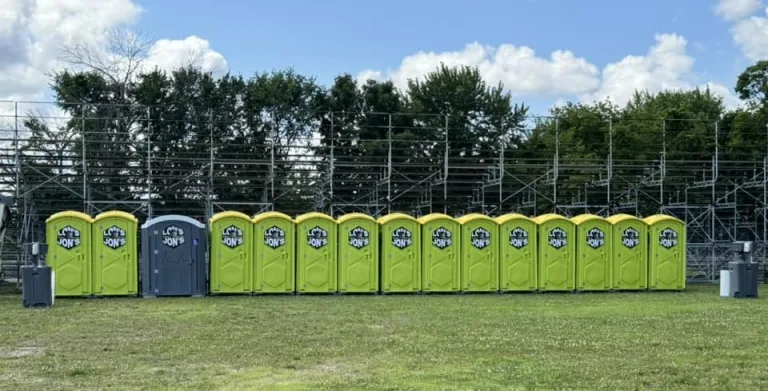From Classroom to Congregation: Training the Next Generation of Leaders
There was a time when ministry training mostly meant sitting in a room, taking notes, and passing written exams. But churches today are looking for more than just head knowledge. They’re looking for people who can step in, lead with care, and understand the people they serve. The shift didn’t happen all at once. It came through slow change, real-life demands, and a growing need for leaders who are shaped both in class and in community. Now, more schools and churches are working together to train future leaders in ways that actually prepare them for what ministry looks like today.
Mix Learning with The Actions
Good leadership training doesn’t stay in the classroom. It shows up in the real work of ministry, like teaching a small group, helping during a service, or talking with someone after church who just needs to be heard. That’s where lessons turn into practice. More churches and programs now ask students to serve while they study. They might help lead youth nights, preach during midweek gatherings, or shadow pastors as part of their training. A bible school might give them the foundation, but it’s the hands-on work that shows them what leading really feels like. When learning and doing go side by side, students grow faster, and they stay connected to the people they’ll one day lead.
Mentorship Is More About Character Than Skills
Leadership isn’t just about knowing what to do. It’s about how you carry yourself while doing it. That’s why mentorship matters the most. When leaders support the novices, they pass down more than methods. They teach how to handle worrisome situations and how to lead without losing patience. Many churches now pair students with mentors from within the community. These don’t focus on the typical formal lectures. They follow a schedule which includes check-ins, meals, and honest conversations. It’s where someone can pour their heart out and ask vulnerable questions. When someone experienced becomes a confidant, it gives the newcomers more passion and an environment where they feel safe. While books, in all their glory, are wonderful, this wisdom comes through people who have already been through the rough edges of life.
Train Leaders in Teams, Not Alone
Leading in ministry rarely happens in isolation. Most churches rely on small teams, including worship leaders, youth heads, volunteers, and teaching staff. These people work together to serve a larger group. When those teams learn together, they lead better together. Some programs now encourage groups from the same church to join training collectively. This makes it easier to help them build the same habits and understand how to support each other from day one. Instead of one person trying to carry the load or explain everything later, the whole team grows at the same pace. It also helps churches stay united when new ideas are brought back from the classroom.
Offer Flexible & Hybrid Learning Paths
Not everyone who feels called to lead can drop everything and attend full-time classes. Some have jobs, families, or live far from training centers. That’s why more schools and churches are offering flexible ways to learn. And the best part about these methods is that they teach people without asking them to put the rest of their lives on hold. Weekend and online classes are making it easier for more people to become a part of these programs. Some programs combine in-person gatherings with online learning. This gives students a way to stay connected while managing their own pace. It’s not about lowering the bar. It’s about opening the door wider for those who are ready to serve but need a different way to get there.
Equip for Cultural Relevance
Good teaching can fall flat if it doesn’t connect with the world people actually live in. The leaders today tackle questions about mental health, social media, justice, and how faith speaks into everyday life. Training needs to prepare them for that, not just with answers, but with the tools to listen, respond, and guide with care. Many programs are now adding sessions on communication, conflict, cultural shifts, and how to lead across different backgrounds. This doesn’t replace scripture. It brings it into conversations that are already happening. When leaders understand what their communities are facing, they’re better prepared to speak with honesty and serve with understanding.
Final Words
Raising leaders today means more than handing out notes and hoping they’re ready. It means walking with them through experiences and the kind of learning that motivates them to be better. Whether it starts in a bible school or a living room, the goal never changes. And that goal is to shape people who can serve with wisdom, not just speak with confidence. When churches invest in training that’s flexible, grounded, and built for real ministry, they don’t just prepare leaders. They prepare shepherds who know how to lead people well.




